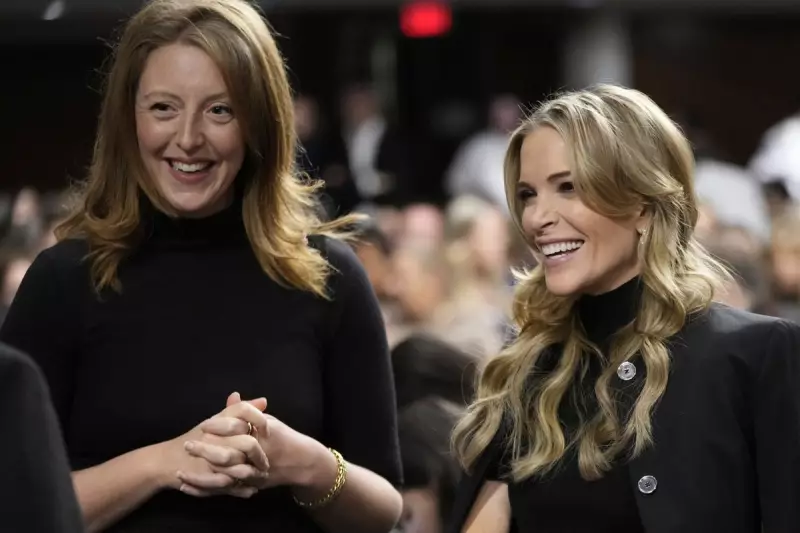
In a startling development that has sent shockwaves through American political circles, Dr. Jerome Adams, the former US Surgeon General appointed by Donald Trump himself, has voiced profound concerns about the ex-president's mental fitness to return to the Oval Office.
A Warning from the Inside
Dr. Adams, who served as America's top doctor from 2017 to 2021, broke his silence in a candid interview that has raised eyebrows across the political spectrum. The respected physician didn't mince words when discussing his former boss's cognitive state, suggesting that Trump's mental sharpness has noticeably declined since their time working together.
'I am concerned about the president's vitriol,' Adams stated, pointing to what he described as increasingly erratic behaviour and concerning public statements from the former president.
The Physician's Perspective
What makes Dr. Adams's assessment particularly significant is his unique position as both a medical expert and someone who worked closely with Trump during his presidency. His comments carry weight not just as political commentary, but as a professional medical opinion from someone who has observed the former president firsthand.
'When you're the Surgeon General, you're concerned about the health of the individual who is the president, but also the health of the nation,' Adams explained, highlighting the dual responsibility that now informs his grave concerns.
National Security Implications
The former Surgeon General's warnings extend beyond personal health matters to touch on crucial national security issues. Adams expressed particular alarm about how Trump's current mental state could affect his ability to handle classified information and make sound decisions in crisis situations.
This intervention comes at a critical juncture in American politics, as Trump seeks to return to power while facing multiple legal challenges and increasing scrutiny over his age and health.
A Growing Conversation
Dr. Adams's comments have ignited a broader discussion about mental fitness requirements for the highest office in the United States. They join a chorus of concerns from medical professionals and former administration officials who have questioned whether any candidate in their late seventies possesses the necessary cognitive sharpness for the presidency.
The timing of this revelation could prove significant as voters increasingly consider age and mental acuity as key factors in the upcoming election cycle.





